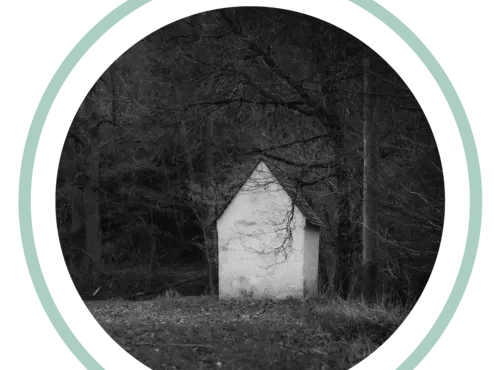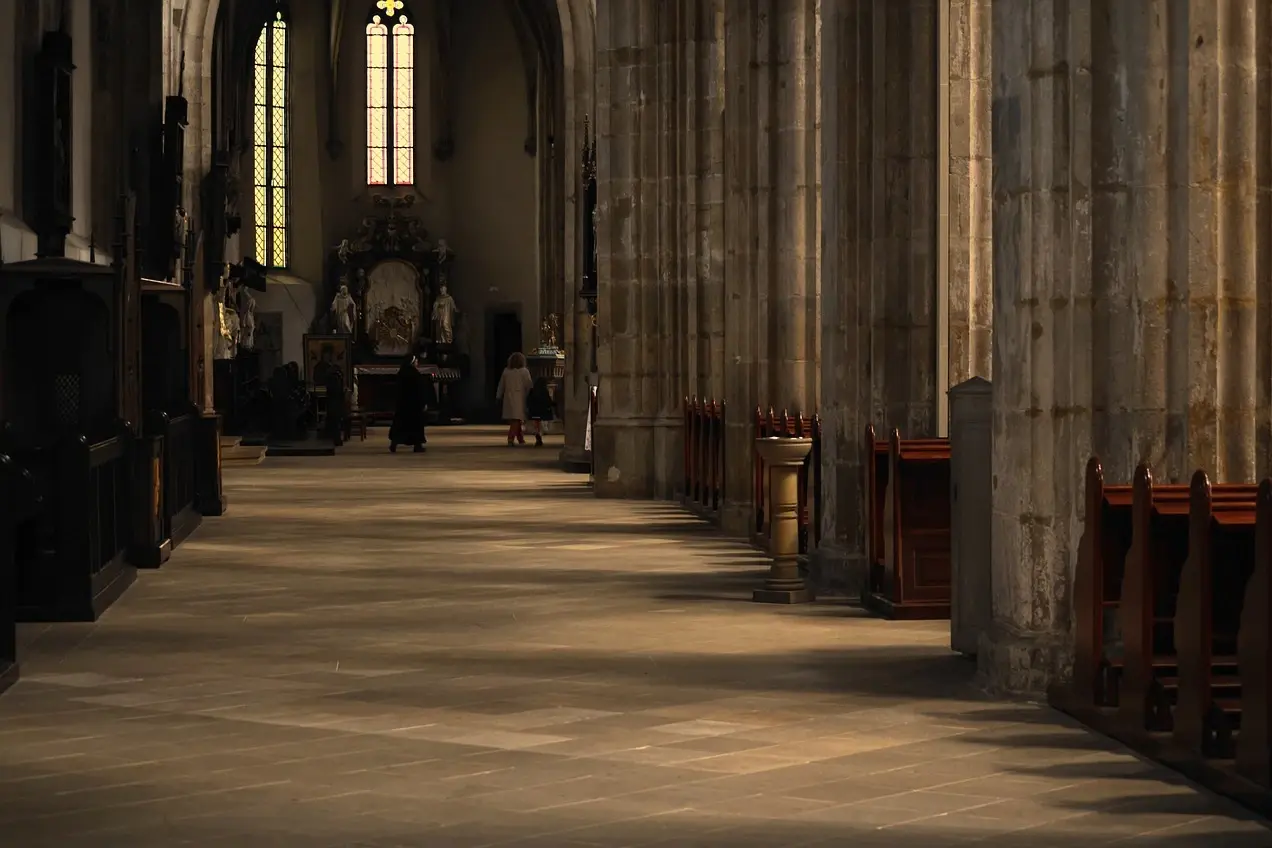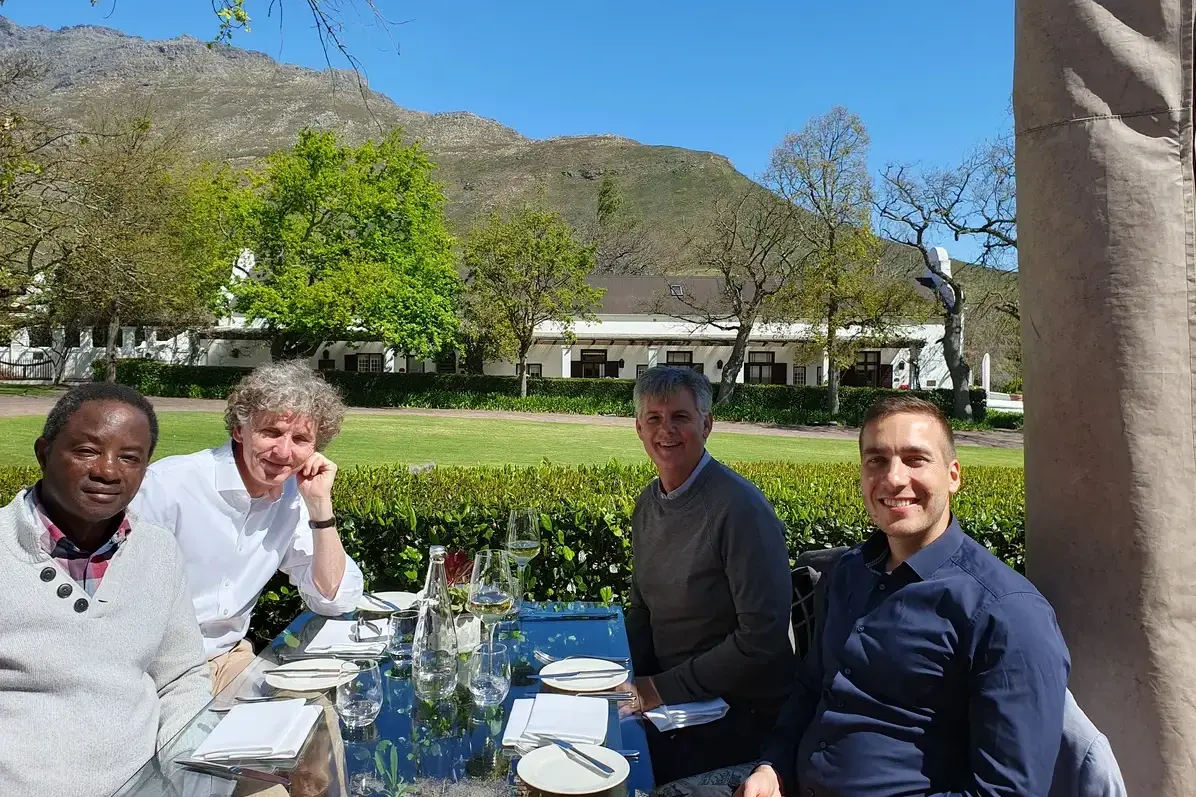Dietrich Bonhoeffer Research Center for Public Theology (DBFÖT)

Our research focus

In countries worldwide, housing has become a challenge for the population, for politics and policies, for welfare organisations, and for civil society. The worldwide housing crisis has repercussions in many areas of societal life; and these are reflected in challenges for a number of academic disciplines.
Theologically, religious traditions play a role for society and for the concept of home. Church buildings can serve as a heterotopia in a stressful, sometimes hostile environment. Congregations can help to establish a community network. Theological social ethics consider questions of justice in the context of housing (justice of access, intergenerational justice).
Space, place, positionality. Theological perspectives on conditions of social contexts of life (since 2019)

From what positions and places are people listening, speaking, and reflecting? In what contexts does the Christian religion exist?
Place as the culture and society in which religions are situated, place as the position from which a theologian speaks, place as a biographical contingency that shapes people's lives.
In addition, the contribution of Christian ethics to society must be considered—to the shaping of the social, cultural, and religious space to which it belongs.
Conference in Bamberg - Place and Space: Theological Perspectives on Living in the World (2019)
Public theology and feelings (since 2017)

The interplay between discursive and affective dimensions holds potential and responsibility for Christian theology in a free society.
What role do emotions play in the formation and communication of moral and political convictions? What is the relationship between affective experience and rational discourse?
Between discourse and affect—political judgment formation from a theological perspective






